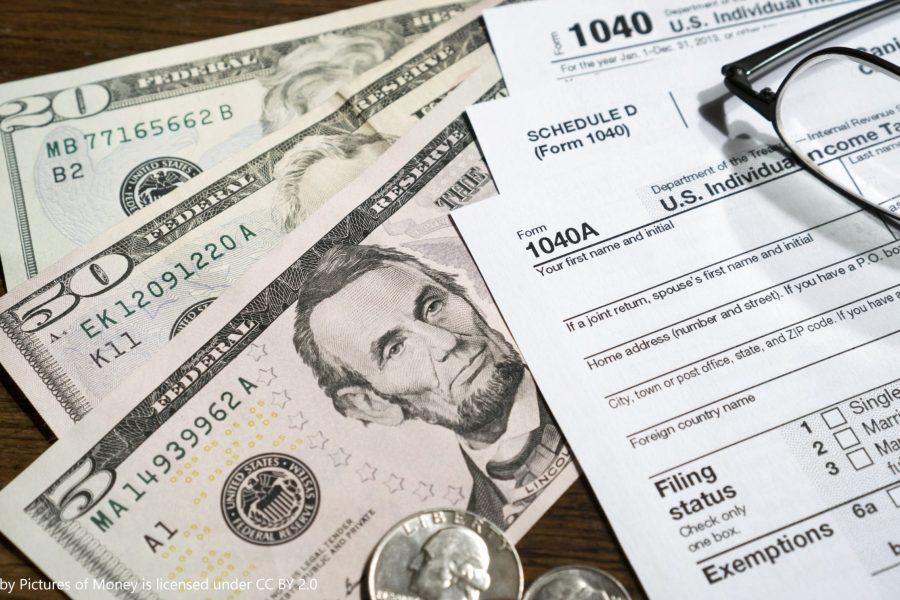There is much speculation as to why Republicans defied expectations in down-ballot races in California this election, especially when Donald Trump garnered less than 34 percent of the vote in the state. The GOP is on track to gain two Congressional seats in Orange County and won many key Assembly and Senate races that observers thought would go to Democrats.
The Sacramento Bee speculated that it was the campaign for Proposition 15, which would have enacted a split-roll property tax scheme in the state, that put the GOP over the top.
“Republicans usually run anti-tax campaigns in California, a state notorious for its high cost of living. But Proposition 15 handed vulnerable Republicans extra political ammunition in tight purple-district races,” notes a recent Bee story.
Yes, opposition to Prop. 15 was helpful for Republicans in legislative and congressional races. In my view, another factor proved key in several Southern California races – Prop 16.
PRI has written extensively about Prop. 16, which would have repealed Prop. 209’s ban on gender and racial preferences in state universities, hiring, and government contracting. Democrats thought a year where social unrest dominated headlines would provide the favorable political environment to pass Prop. 16 and carry in their candidates in swing seats with large numbers of minority voters.
Instead, Prop. 16 crashed and burned at the polls – garnering a 56.9 percent no vote, which was higher than the support for Prop. 209 in 1996. At the same time, it proved to be an albatross for many Democratic candidates seeking to represent communities with significant Asian American populations in Los Angeles and Orange Counties.
Asian American voters were mobilized and turned out in large numbers to defeat Prop 16. And it appears that Asian American Republican candidates were boosted as a result. In every key contest save one, a large no vote for Prop. 16 corresponded to victories for Asian-American Republican candidates. Here are a few tidbits from the key races to illustrate my point:
- In Assembly District 68 (with an Asian American population of 16.8 percent), incumbent Dr. Steven Choi was pummeled by Democratic challenger, who raised $2.5 million for the campaign. Political observers from both parties thought he was a goner. Instead, with nearly 64 percent of the district’s voters opposing 16, Choi was surprisingly re-elected by a margin of 53.1 to 46.9 percent over his Democratic challenger.
- Nearby, incumbent Republican Assemblyman Phillip Chen faced a tough race from Democrat Walnut City Councilman Andrew Rodriguez in Assembly District 55, one of the state’s most competitive districts. The state Democratic party spent over $830,000 boosting Rodriguez’s campaign. Instead of a nail biter, Chen beat Rodriguez by a 10-point margin in the district, which has a 24.8 percent Asian American population. And Prop. 16 may have fueled Chen’s strong victory, as 57 percent of voters in the Los Angeles county portion of the district and nearly 68 percent of voters in the Orange County portion opposed 16.
- Former Republican Assemblywoman Young Kim pulled off one of the year’s biggest upsets against one-term incumbent Gil Cisneros in Congressional District 39 (which has an Asian American population of 24.1 percent), thanks to her campaigning for 16. Cisneros beat Kim in 2018, largely on the strength of his vote in the Los Angeles portion of the district. But 58.2 percent of voters in the Los Angeles portion of CD 39 voted to reject Prop. 16 and Kim shaved over 4 percent off of Cisneros’ margin there, while boosting her percentage in Orange and San Bernardino counties where voters overwhelmingly opposed 16.
- In neighboring Congressional District 48 (which has an Asian American population of 15.9 percent), Orange County Supervisor and Republican candidate Michelle Steel campaigned against Prop. 16 and was rewarded by the 4 percent of voters who opposed the measure in CD 48 with a seat in Congress.
Tim Anaya is the Pacific Research Institute’s senior director of communications and the Sacramento office.


